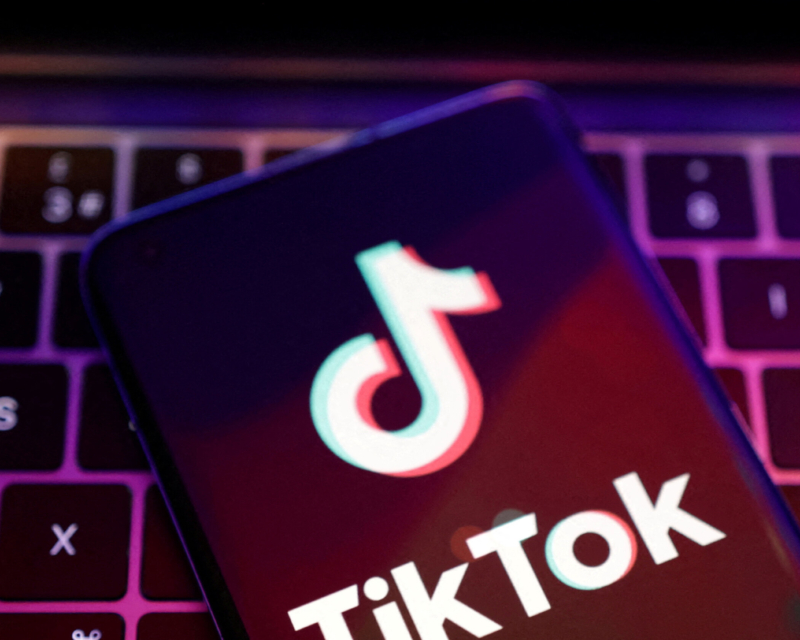TikTok’s Data Efforts are a Veil of Illusion Says Employees
In the ongoing saga of data privacy and security, TikTok’s attempts to assuage concerns about the handling of user data have come under scrutiny. A recent report unveils a sobering truth: despite efforts to segregate US user data through Project Texas, the reality may be far from reassuring.
Former employees, speaking to Fortune, paint a troubling picture of the endeavors to sequester American users’ data from its Chinese parent company. Dubbed Project Texas, this initiative was touted as a safeguard against the perceived threat of data exploitation and surveillance by foreign entities. However, according to insiders, the efficacy of these measures is more akin to smoke and mirrors than robust protection.
The revelation casts a shadow over its claims of prioritizing user privacy and data sovereignty. In an era where data has emerged as the new currency of the digital age, the stakes couldn’t be higher. From personal information to browsing habits and preferences, the data harvested by social media platforms holds immense value, both commercially and strategically.
The failure of Project Texas to provide meaningful separation between US user data and its Chinese parent company raises troubling questions about the commitment to transparency and accountability. While the platform has garnered immense popularity among American users, concerns about its ties to China’s authoritarian regime have lingered like a specter, casting doubt on its intentions.
Moreover, the revelation underscores a broader issue plaguing the tech industry: the inherent tension between innovation and regulation, between profit motives and ethical considerations. As companies race to capitalize on the vast troves of data at their disposal, the temptation to cut corners and prioritize short-term gains over long-term sustainability looms large.
In the face of mounting scrutiny from lawmakers and regulators, it finds itself at a crossroads. The platform’s meteoric rise to prominence has been marred by allegations of data mishandling and security lapses, threatening to erode the trust of its user base and jeopardize its future viability.
As consumers become increasingly aware of the risks posed by unchecked data collection and surveillance, the onus falls on companies like it to uphold their end of the social contract. Lip service and superficial measures won’t suffice; what’s needed is a genuine commitment to protecting user privacy and fostering a culture of accountability.
In the grand theater of data governance, TikTok’s efforts to silo US data may be little more than a facade, a veneer of compliance masking deeper systemic issues. If the platform hopes to regain the trust of its users and regulators alike, it must embrace transparency, enact meaningful reforms, and demonstrate a genuine commitment to putting user privacy above all else. Only then can TikTok hope to navigate the turbulent waters of the digital age with integrity and resilience.





